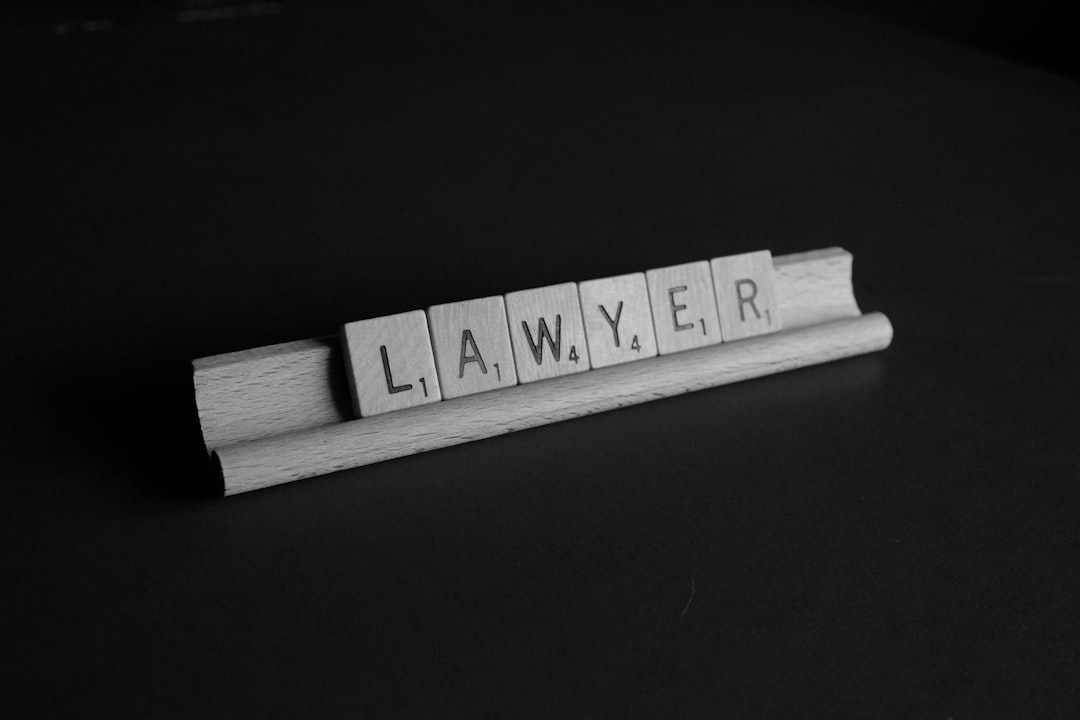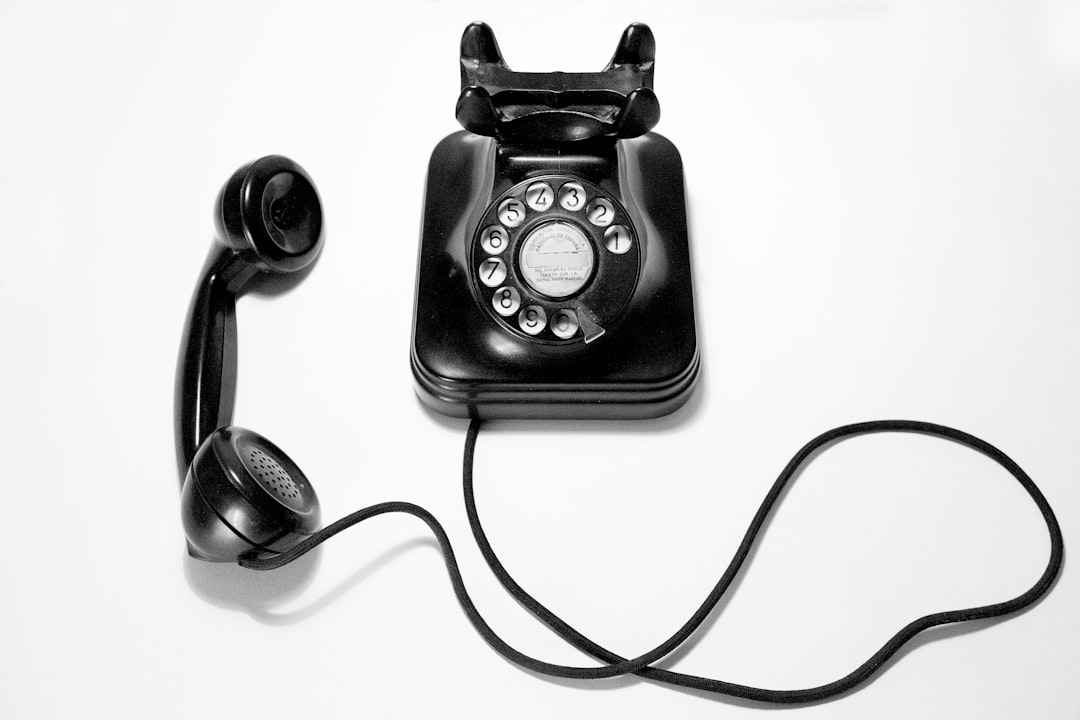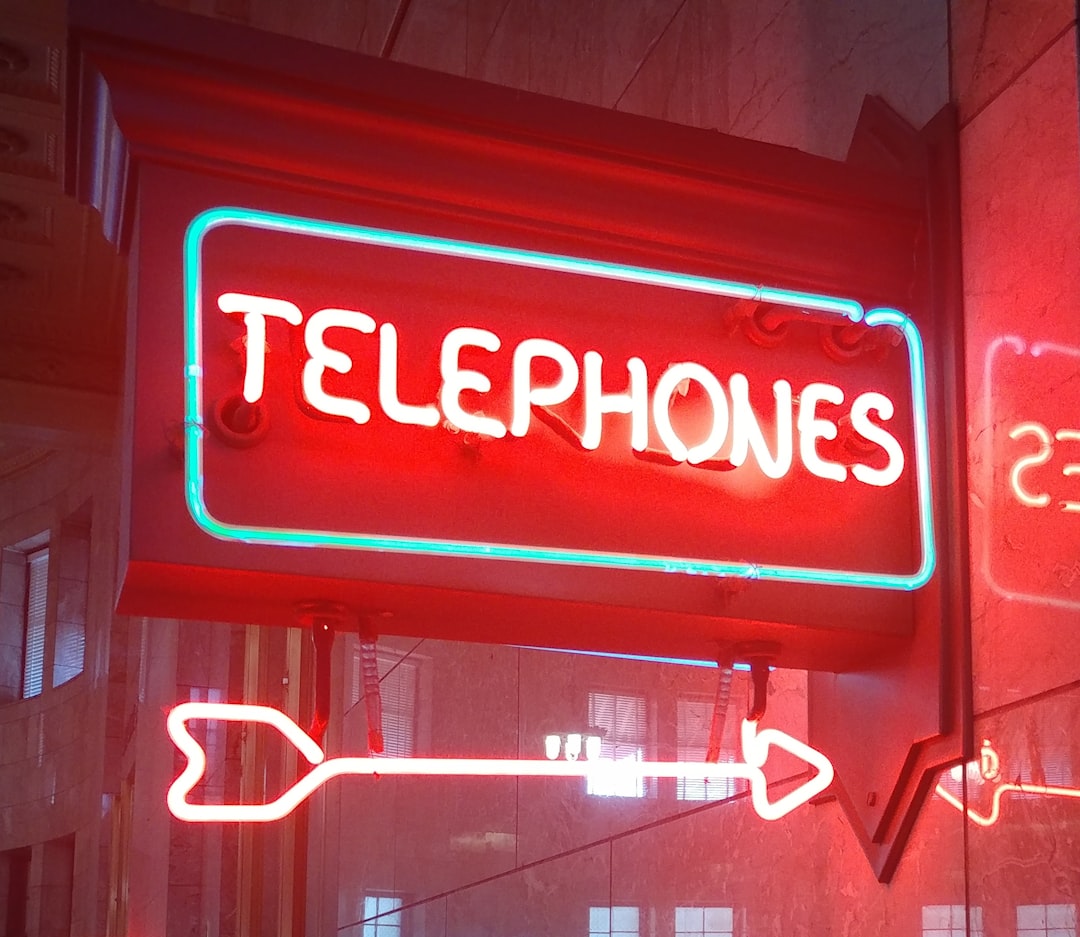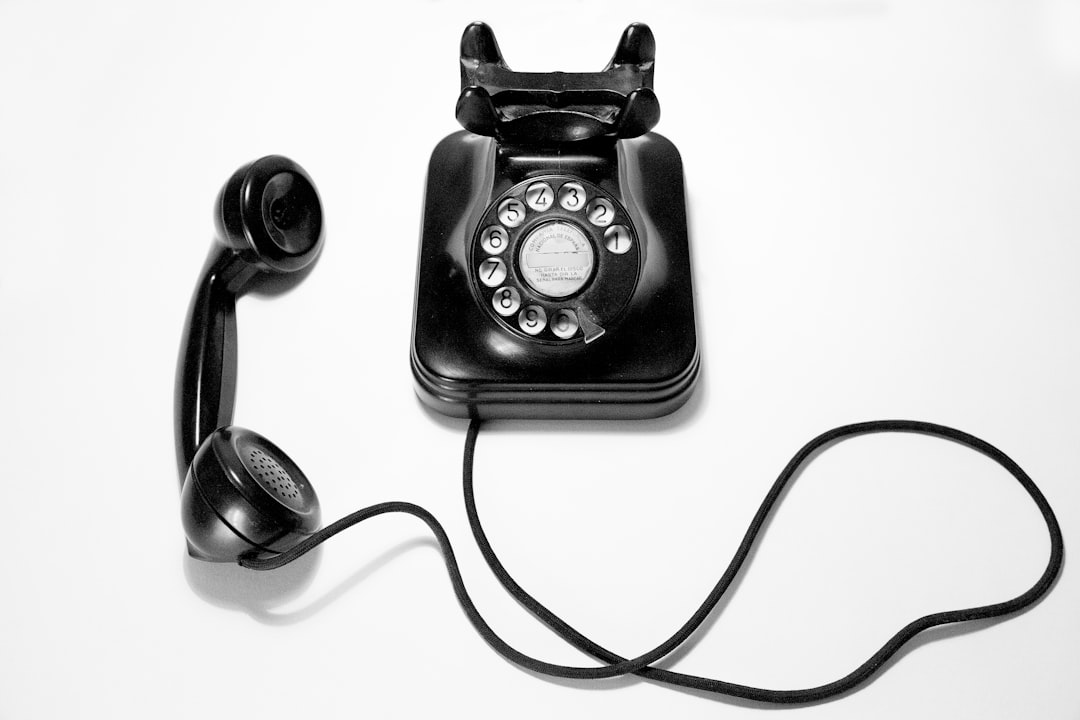Idaho's No Call Laws protect residents from unwanted telemarketing calls by mandating explicit consent and restricting calling times. Landlines and mobile phones are covered, with exemptions for organizations with established relationships or non-profit fundraisers. Violations incur fines up to $1,000 per day, enforceable by the Attorney General and Department of Commerce.
“Boise residents, familiarize yourself with Idaho’s No Call Laws—a crucial set of regulations designed to protect your privacy. This comprehensive guide breaks down everything you need to know, from understanding the laws’ reach to identifying prohibited calls and the penalties incurred for violations. Whether you’re concerned about telemarketers or unwanted sales calls, this article offers insights into your rights and the enforcement mechanisms in place, empowering you with knowledge in Idaho’s no-nonsense call protection framework.”
Understanding Idaho's No Call Laws
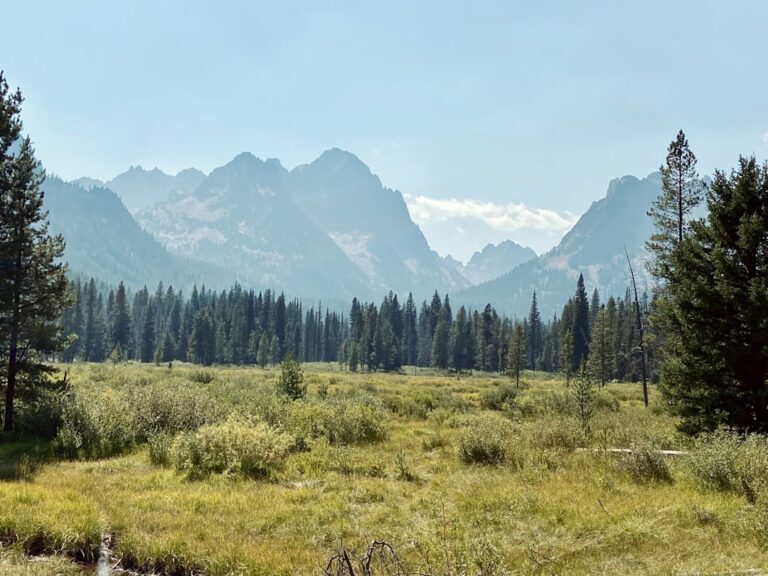
Idaho’s No Call Laws are designed to protect residents from unwanted telemarketing calls and sales pitches. These laws regulate how businesses can contact consumers, ensuring a more peaceful and controlled environment for Boise residents. The primary regulation is that companies must obtain explicit consent before making phone calls with marketing purposes. This means that if you haven’t given your permission, businesses cannot call you.
For Boise residents, understanding these laws is essential to knowing your rights. You have the option to register your number on Idaho’s Do Not Call List, which will automatically block most telemarketing calls. Additionally, these laws also restrict the timing of calls; sales representatives must refrain from calling before 8 a.m. or after 9 p.m., unless you’ve given prior consent for such late-night or early morning communications.
Who Does the Law Protect?

Idahos No Call Laws, officially known as the “Do Not Call Act,” is designed to protect residents from unwanted telemarketing calls and sales pitches. This law applies to most businesses engaged in telemarketing activities within the state. Under these laws, Idaho residents can register their phone numbers on a statewide Do Not Call list, effectively blocking commercial calls from registered companies.
The protection extends to both landlines and mobile phones, ensuring that Boise residents enjoy a quieter, more peaceful home environment. It’s important to note that certain types of calls are exempt, including those from organizations with which the resident has an existing business relationship or non-profit organizations raising funds for charitable purposes.
What Types of Calls Are Prohibited?
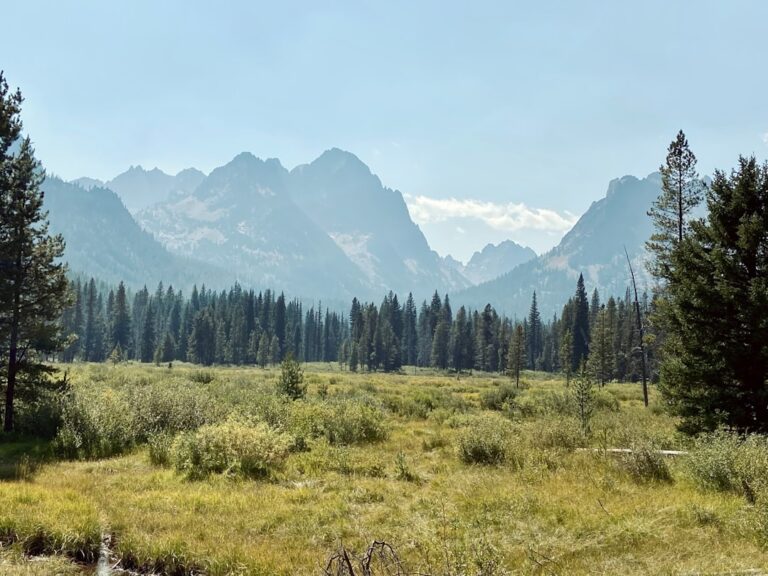
In Idaho, the No Call Laws strictly regulate unwanted telephone solicitations, protecting residents from excessive marketing calls. According to these laws, several types of calls are explicitly prohibited. These include sales or marketing calls placed to individuals who have not given explicit consent, often referred to as “do not call” registrations. This also extends to automated or prerecorded messages, as well as calls made with the use of any automatic dialing system or artificial or prerecorded voice.
Additionally, the laws forbid calls made between the hours of 9 p.m. and 8 a.m., unless an exception applies, such as calls from a healthcare provider or emergency services. These restrictions aim to ensure that Boise residents enjoy peace and quiet during these times and have control over their phone interactions, especially when it comes to commercial solicitations.
Penalties and Enforcement of No Call Rules

Penalties for violating Idaho’s No Call laws can be severe, including fines up to $1,000 per day. These penalties are enforced by the Attorney General’s Office and the Idaho Department of Commerce. Companies found guilty of making unwanted phone calls may face additional legal consequences, such as lawsuits from affected individuals. Enforcement actions typically involve consumer complaints, but proactive monitoring by regulatory bodies is also possible. Compliance with these rules is crucial for businesses to avoid legal issues and maintain consumer trust in Boise and throughout Idaho.
